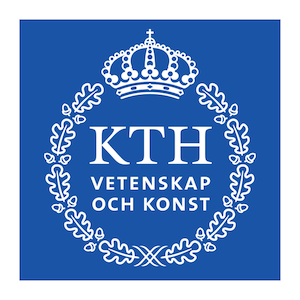

When: 10 March, 2022, 17:00-18:30 UTC+1.
Recording: here
Abstract: This session will be divided into three talks.
First speaker: Angélica Marcela Torres Bustos
Title: Geometry of line correspondences in 3D image reconstruction: The line multiview variety
Abstract: The 3D image reconstruction process consists on creating a 3D model of an object or scene from 2D images. After analysing the images to identify 2D lines coming from the same line in space, these line correspondences can be studied with tools from algebraic geometry. In this talk we will explore the line multiview variety, that is, the smallest algebraic set containing the image of world lines in the cameras. I will motivate this construction, present a description of the ideal of the line multi-view variety, and discuss some of its geometric properties. This talk is based in joint work with Felix Rydell, Elima Shehu, and Paul Breiding.
Second speaker: Andrea Guidolin
Title: Metrics and stable invariants for persistent homology
Abstract: Topological data analysis is a study of homology based invariants of data. Abundant evidence indicates that such invariants are informative of shape characteristics of data. It is however highly non trivial to construct invariants which are homology based, robust to noise and suitable for statistical analysis. We show that such invariants, called stable ranks, can be parametrised by distances between persistence modules. A rich family of metrics between persistence modules is therefore desirable to gain a high degree of flexibility in the analysis, which results in the possibility of searching for a suitable stable invariant for the task at hand. This talk reviews how a large family of metrics between persistence modules can be defined and explicitly constructed. Stable ranks can then be defined and computed from any such metric, both in single- and multi-parameter persistence. Stable ranks are real functions, hence extremely amenable to statistics and machine learning methods. Focusing on the single-parameter case, I will show how stable ranks provide parametrised models that one can fit to the data at hand. Finally, I will present ongoing work on Wasserstein metrics between persistence modules and their associated stable invariants.
Third speaker: Alex Markham
Title: Unconditional equivalence of causal models and its representation with undirected graphs
Abstract: Causal modeling generally, and causal structure learning in particular, tends to focus on acyclic directed and mixed graphs. These offer an intuitive representation of causal relationships at the expense of more complicated mathematical representations and learning algorithms. In this talk, we explore the other side of this trade-off, using undirected graphs to represent unconditional equivalence classes of causal models, thus facilitating new connections between causal structure learning and a variety of mathematical fields, including graph theory, combinatorics, and algebraic statistics.
